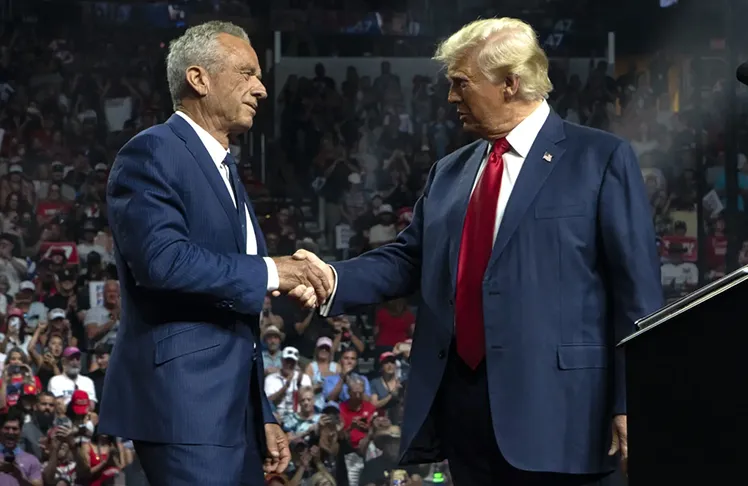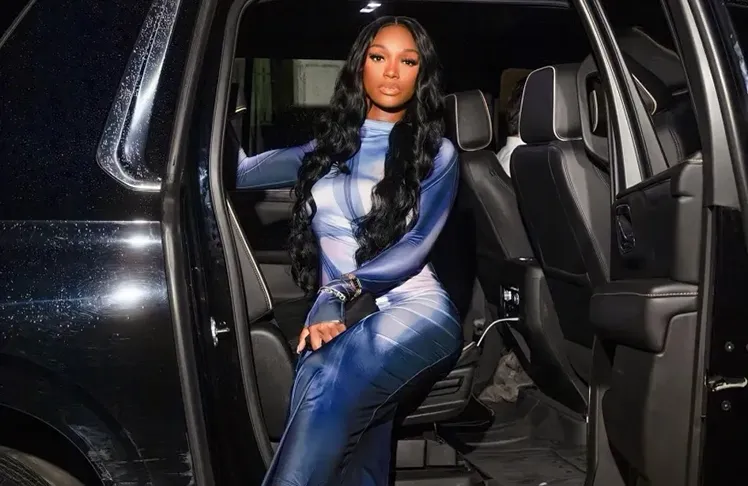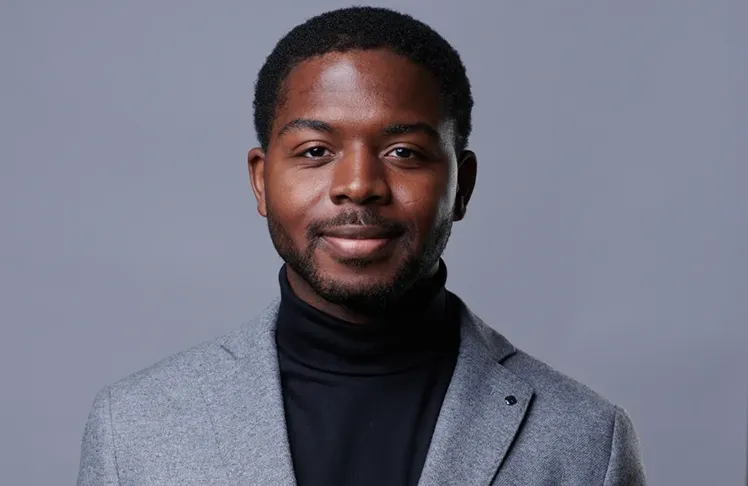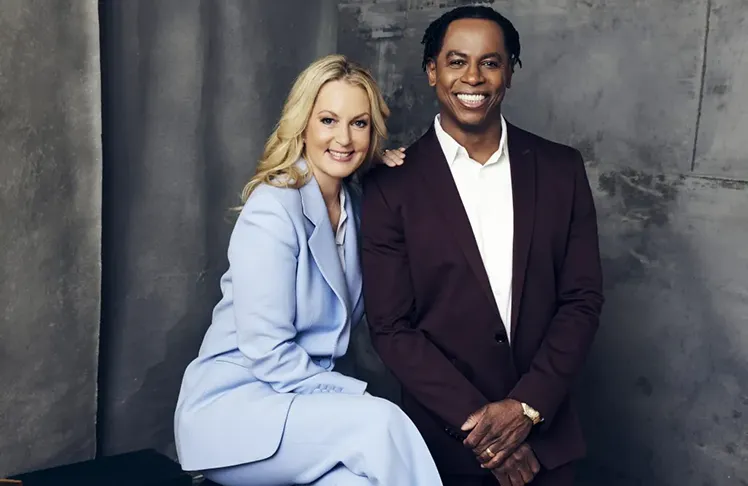
Kamala Harris had just 107 days to state her case for the most powerful office in the world.
Her presidential campaign, historic in so many ways, ultimately fell short.
Now, with Donald Trump preparing to re-enter the Oval Office, questions abound: What will his administration mean for the already deeply fractured American health care system? What will happen to the health care progress many hoped for? And how will Black Americans, already disproportionately affected by health care inequities, navigate what’s to come?
Trump’s cabinet picks, including Robert F. Kennedy Jr. as Secretary of Health and Human Services and Mehmet Oz as head of the Centers for Medicare and Medicaid Services, have sparked alarm among many advocates for equitable health care.
RFK Jr., an anti-vaccine advocate, and Dr. Oz, known for promoting questionable health remedies, represent a stark departure from policies aimed at expanding access to care. Black Americans, who already face barriers to health care, are bracing for even greater challenges.
For example, a recent KFF Health Tracking Poll revealed that in the past 12 months, uninsured Americans are more likely to skip necessary care due to cost — a reality many fear will worsen under Trump’s administration.
Word In Black reported in August what seven young people wanted improved from a potential Harris administration. They overwhelmingly wanted improvements in access to mental health care services, an expansion of reproductive health care, and social media literacy. Three other Black Americans across the country told us their current fears, concerns, and hope for the American health care system. Here are their stories in their own words, edited for brevity and clarity.
Savannah Britt, New York, 30, PR Specialist and CEO of The Brittprint Agency

I voted for Harris. Trump’s election has definitely taken a hit on my mental health. I went into the election period very optimistic, very hopeful about change with different policies.
To see politics at such a polarizing state right now, and to see the Trump victory, it’s disappointing. It just speaks to the systems in place, that we are fighting racism, we are fighting misogyny, and that we have a long way to go as a country.
The health care system in American, still needs a lot of reform. This idea that we still privatize health care is just very inhumane. Health care is a human right.
Post- COVID, it’s been very hard to get access to mental health providers, particularly Black mental health providers. There’s long waiting lists for people to get access to mental health providers. As Black people, particularly African Americans, we need access to these services.
It’s only going to be more challenging for Black people to have access to mental health services. Trump, his administration, and the Republican Party, as a whole, still believe in the privatization of health care and not having it readily accessible to everyday Americans. So, it’ll just create more barriers, longer waiting lists, and more uncertainties moving forward for Black people and their mental health.
I just encourage Black people to continue to center ourselves moving forward. We are all we have and to not forget the fight that we came from.
Devon Horace, Portland, Oregon, 32, Investor
I voted for Cornell West. I wanted Harris to win, to see what she could do. But I knew she wasn’t going to win because America likes theatrics.
I’m interested to see what Robert Kennedy Jr is going to do because he’s about less chemicals and he puts his foot down with pharmaceuticals. And I like to think of medicine from the natural standpoint. I do feel like it’s going to be very difficult for the Black community to seek health care.
They say they’re looking to make health care more private. Health insurance is really expensive, and that can be a hindrance for many people in the Black community, just based on social economics and the average household income. Access to health care is going to be more difficult.

A lot of people are afraid of what this administration will bring. I’ve been talking to my family and friends about what brings that fear. They name things like Project 2025 and abortion rights. But I push back – and ask, how are you voting locally?
We need to pay attention to city council meetings. I feel like more Black people can attend these meetings. That is a goal for me. Just being a part of the conversation, part of that is knowing where these meetings take place.
I want our people to focus on being more active within local politics and not just taking everything that you hear – but doing the research yourself.
Adolph Brown, 64, Clinical Psychologist
The impact of the recent election has led to anxiety and grave disappointment for many Black adults as the stakes were high both from a present and historical perspective. Anxiety and depressive symptoms are further perpetuated with the President-elect’s cabinet and staff nominations including some individuals with similar views and/or criminal-like behaviors.

As a clinical psychologist, it’s important to acknowledge what Black Americans are feeling is real and not imagined — and to make space for it. I tell my clients it’s impossible to heal what we don’t reveal! It’s also important to remind Black people of the connection to their ancestors who fought to overcome many atrocities in America. This evokes a sense of pride, resilience, and a sense of duty.
Establishing boundaries surrounding the aftermath of the election is paramount as discussions may lead to further distress. My clients are taught that boundaries do not mean you have to put up a wall. It simply means you have added a door whereby one must knock and be permitted to enter.
Voting is more than a political act for many Black Americans; it’s a deeply emotional experience intertwined with personal and ancestral histories, identities, and aspirations. But we need to remember that the President of the United States occupies the White House, he does not have to occupy your mind.


